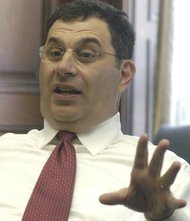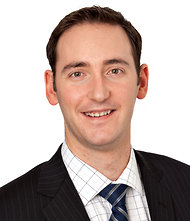The Carlyle Group has agreed to buy DuPont Performance Coatings, a maker of automotive paints, for $4.9 billion in cash, as the private equity firm continues its deal-making frenzy.
The private equity firm, which is purchasing the business from DuPont, said it was attracted by the unit’s technology and brands, as well as its exposure to developing markets like China and Brazil. The group is expected to generate more than $4 billion in revenue this year.
DuPont is shedding the coatings business, one of its largest divisions, as it increases its focus on food, energy and protection materials. DuPont Performance Coatings manufactures paints for cars, trucks and appliances, and it makes the bulk of its money, about 43 percent, from sales to auto repair shops.
But the business, which has about 35 plants worldwide, is heavily exposed to the weak European economy. The Europe, Middle East and Africa block represents about 43 percent of its business, while North America accounts for 27 percent.
“DuPont Performance Coatings is a leader in the automotive and industrial coatings sectors, with world-class products and customer service,” DuPont’s chief executive, Ellen J. Kullman, said in a statement on Thursday. “After a careful review, however, we have determined that D.P.C.’s full growth potential would be best realized outside DuPont and through the sale to Carlyle.”
Over the years, Carlyle has made several bets in the industrial and transportation markets, including ones on Allison Transmission and Hertz Global Holdings, which it acquired in 2005 and took public in 2006. In July, Carlyle also joined with BC Partners to buy Hamilton Sundstrand from United Technologies for $3.46 billion.
Carlyle has been on a deal-making binge this summer. This month alone it purchased Getty Images for $3.3 billion and the TCW Group. Last month, it agreed to acquire a majority stake in Sunoco’s large Philadelphia refinery. Over the last year, Carlyle has outspent its peers by a significant margin, plowing nearly $20 billion into new investments.
The buyout of DuPont Performance Coatings will be financed by two of Carlyle’s funds, Carlyle Partners V and Carlyle Europe Partners III.
The deal is expected to close in the first quarter of 2013.
Article source: http://dealbook.nytimes.com/2012/08/30/carlyle-agrees-to-buy-dupont-performance-coatings-for-4-9-billion/?partner=rss&emc=rss

